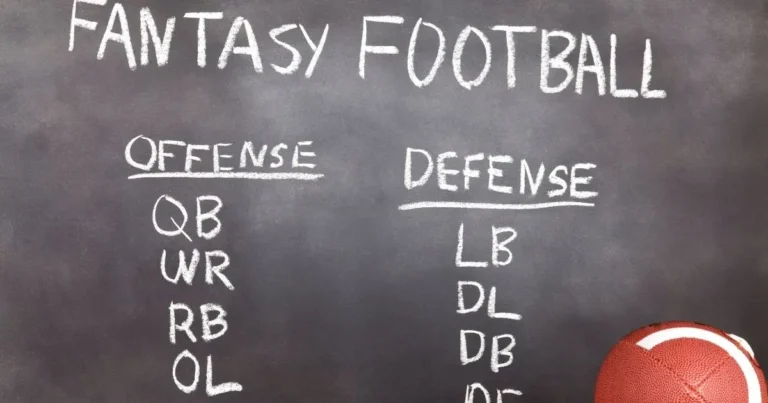Interest on Judgments: How To Get The Most Out of Your Judgment~2 min read
Recently, our office appeared in front of the New Hampshire Supreme Court to argue on the issue of post-judgment interest. The Case was titled “Estate of Jack Bergquist” and the brief we prepared can be read here. In that case, the creditor obtained a Judgment on the Defendant, and periodic payments were made. Over the course of the next eight (8) years, the Defendant made all of his regularly scheduled payments until his death. Unfortunately, a balance remained on the Judgment, and the creditor claimed not only the amount of the Judgment minus any payments, but the interest accrued since the date the periodic payment order was made. The two main questions to be resolved were whether a Plaintiff is required to request post-judgment interest as part of the Judgment, and two, whether the order of periodic payments cuts off the interest from being accrued.
However, while the decision is up to the New Hampshire Supreme Court, it outlines an issue many of our clients face. If a Judgment is obtained, and the Defendant takes a year to pay, how do I get the full benefit of those funds? Well, in the first instance, interest is awarded on Judgments from the date suit is filed until the Judgment is rendered under New Hampshire law. This is accounted for at the conclusion of litigation by requesting costs and interest to be added. In all cases, it is important to assert your rights and not leave it up to the Court to assert them for you.
The second problem is the one we first addressed: why should the Defendant get the benefit of not paying me when the interest I could have earned is lost. This is a problem many Judgment creditors face, and it is important to talk to an attorney to find out how to assert your rights in the most complete and efficient way possible. This way any judgment creditor can be proactive in asserting their complete rights
If you need assistance with the legal process, or enforcement of Judgments, please feel free to contact the experienced lawyers of Parnell & McKay.
Our firm blends advocacy oriented practice with effective practical solutions for all our clients in Londonderry, N. Woodstock, and throughout New Hampshire. The attorneys at Parnell, Michels & McKay provide effective representation and counseling to assist our clients facing legal questions. We simplify the process so our clients can understand and are able to participate as partners in the resolution.
Our practice includes personal injury law such as motor vehicle accidents, falls, dog bites, workers compensation, social security disability, and other injuries.
We also practice family law, including divorce, post-divorce, unwed custody and property division, and collaborative divorce, and have extensive experience in bankruptcy, probate, boundary disputes, estate planning, corporate formation and other real estate litigation.















